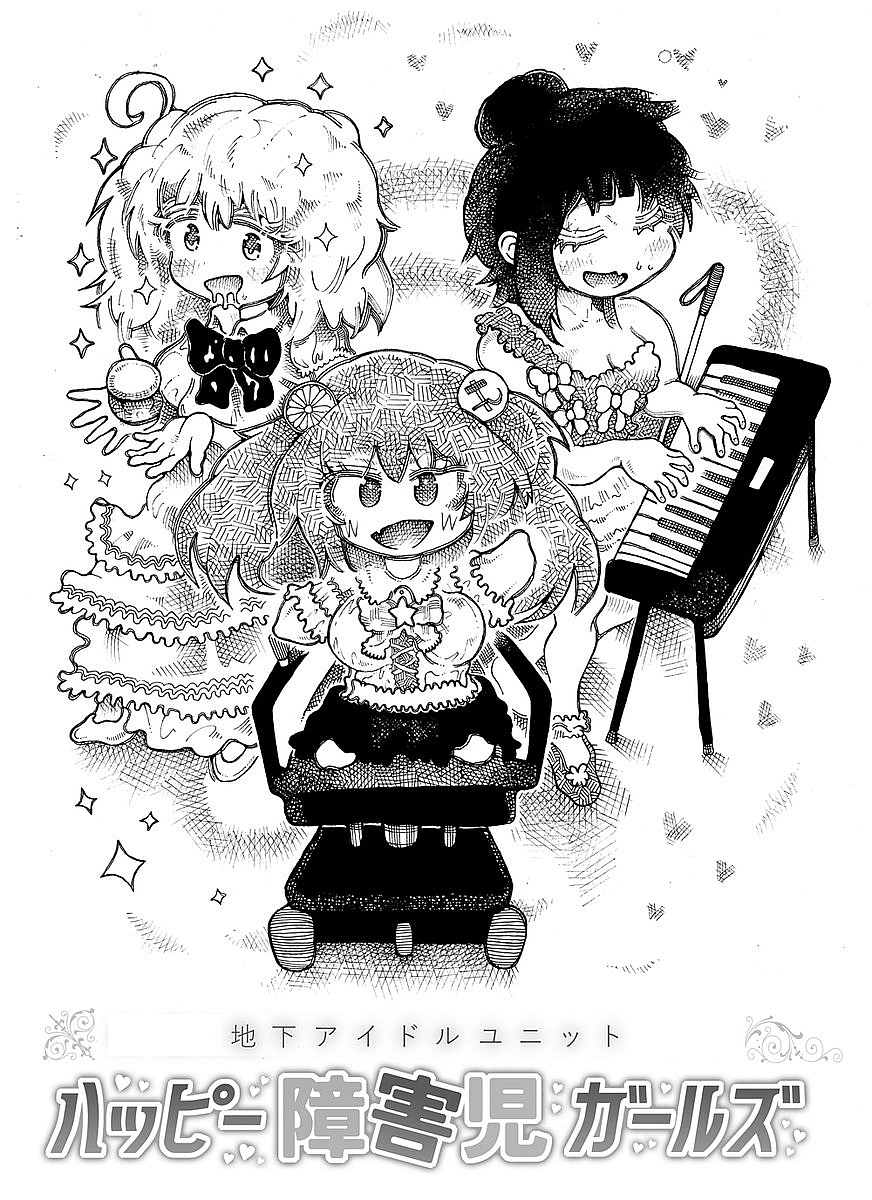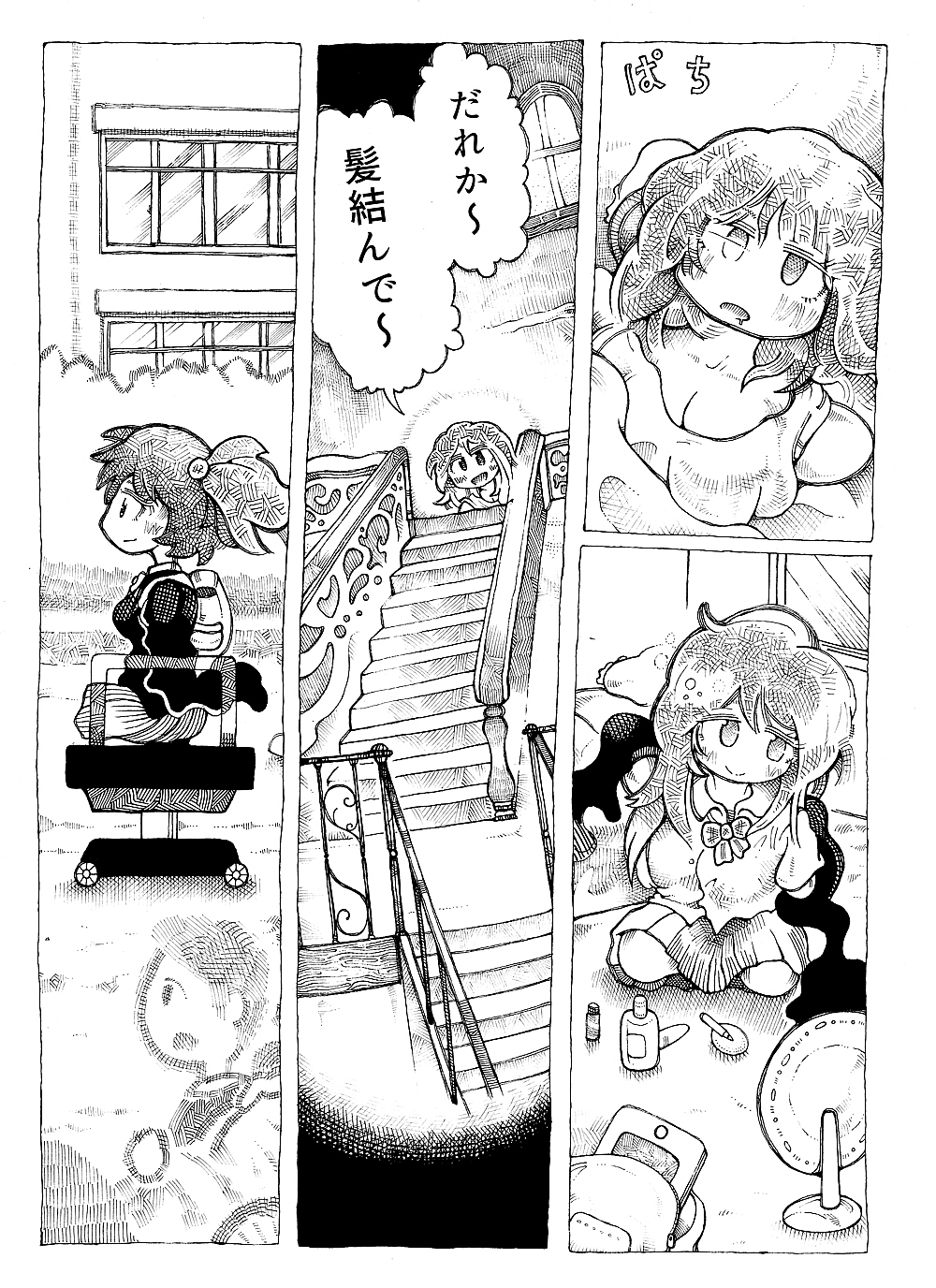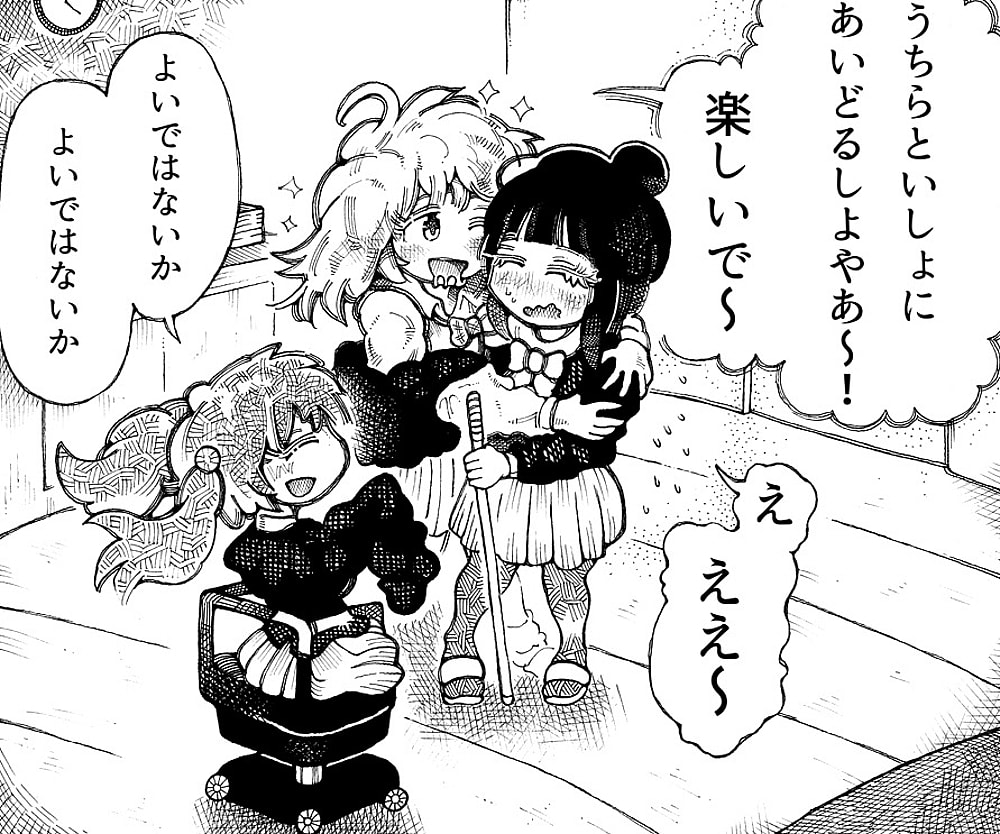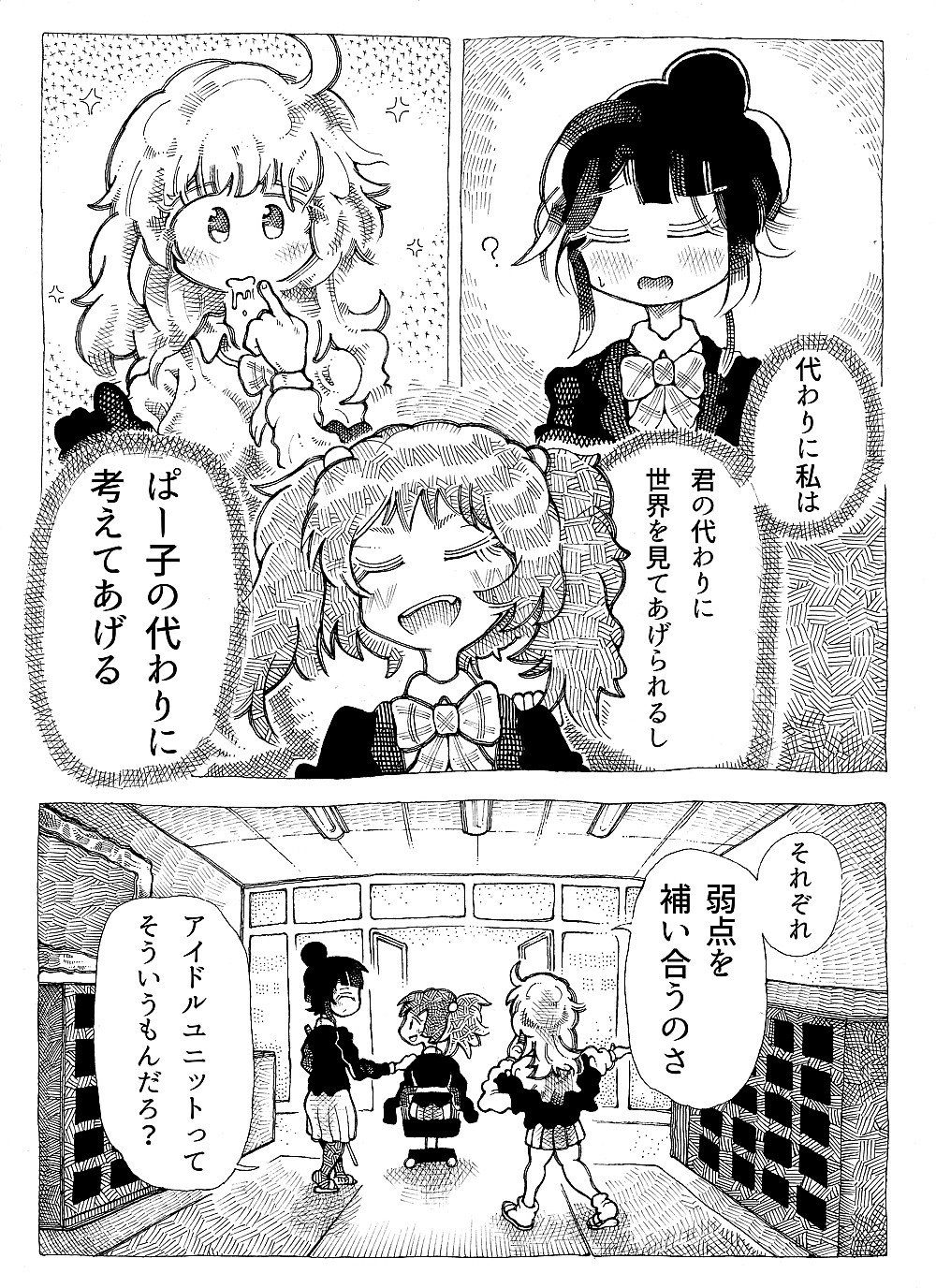Shueisha Pulls ‘Special Support Underground Idol Unit ☆ Happy Disabled Children Girls’ Following Complaints Of “Discriminatory Expressions”

Though the Japanese manga industry has regularly produced works featuring the type of diversity the Western entertainment so pathetically attempts to disingenuously virtue signal for, it seems a line has been drawn when it comes to adoable handicapped idols.

Created by Watamoto Futon, Special Support Underground Idol Unit ☆ Happy Disabled Children Girls follows a group of a disabled high school girls – led by the armless and legless Imo-chan – as they chase their dreams of overcoming their limitations and becoming the idols in Japan.

Beginning its serialization in Shueisha’s manga self-submission platform Rookie Jump on September 14th, the girls were able to chase their dreams for just two chapters before their time on the stage was cut short.
On October 21st, rather than being met with the series’ third chapter, fans instead logged onto Rookie Jump to discover that Shueisha had not only abruptly dropped the series from serialization, but also deleted its previous two releases.
In light of this sudden development, Bounding into Comics reached out to Futon himself for further information regarding Special Support Underground Idol Unit☆ Happy Disabled Children Girls‘ termination.

RELATED: Shueisha Continues To Remain Silent Regarding Banned Chapters Of Ayakashi Triangle
Bounding Into Comics: How did you decide to have the main characters of Special Support Underground Idol Unit☆ Happy Disabled Children Girls to be disabled?
Futon: I thought it would be interesting to have the story revolve around a character who is socially considered the most vulnerable.

BIC: What do you think was the cause of the complaints which lead to Shueisha terminating Special Support Underground Idol Unit☆ Happy Disabled Children Girls?
Watamoto Futon: Maybe because it was misinterpreted that Shueisha publicly marketed a series with that type of representation, and spread across social media.

BIC: How did you find out that the series was going to be cut by Shueisha?
Watamoto Futon: I received an email from Shueisha saying that I violated their terms and conditions. Specifically it violated the ‘discriminatory expressions’ of Jump Rookie’s Terms and Services.
It was determined by Shueisha that the manga included discriminatory language and it was removed. I am not angry because that’s the operating standard of a private company.”

This operating standard referred to by Futon is detailed in Article 7 of Jump Rookie’s Terms and Services (translated by DeepL), wherein it is noted that “Shueisha legally has the option to take action such as deletion or suspension of works which they have determined to contain discrimination which condone, encourage, or incite discrimination on the basis of ethnicity, nation (or national origin), race, color, lineage, region of residence, sex, disability, disease, physical characteristics, religion, ideology or creed, occupation, social status, educational background, living conditions, etc.”

In conclusion to our correspondence, Futon admitted that though he would like to one day see his work reach Western audiences, he was aware that its release could like to a storm of outrage.
Watamoto Futon: Eventually, I would like to make an English version of Special Support Underground Idol Unit☆ Happy Disabled Children Girls and publish it overseas. But I am concerned about how the series would be perceived abroad. Is it possible for a manga featuring a disabled main character to survive in the West?

Despite this setback, Futon is continuing to draw and publish their manga works – including additional Special Support Underground Idol Unit☆ Happy Disabled Children Girls content – on Twitter.

